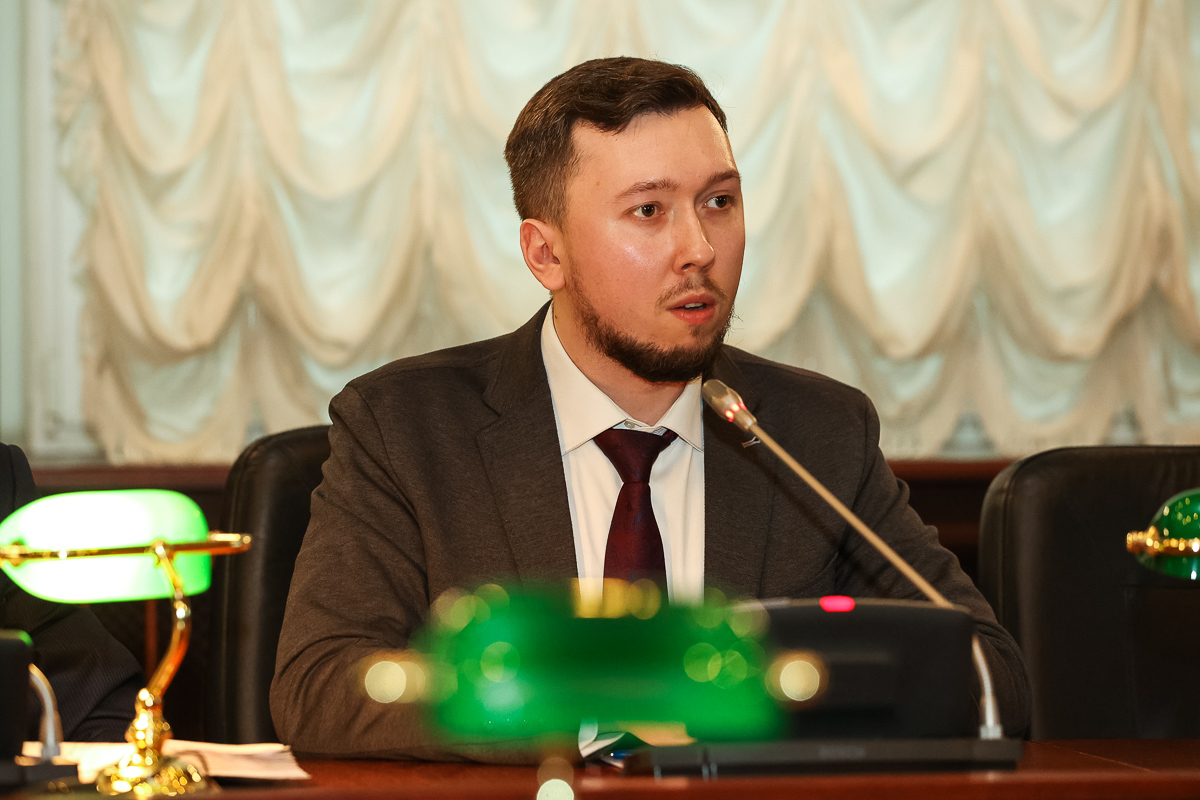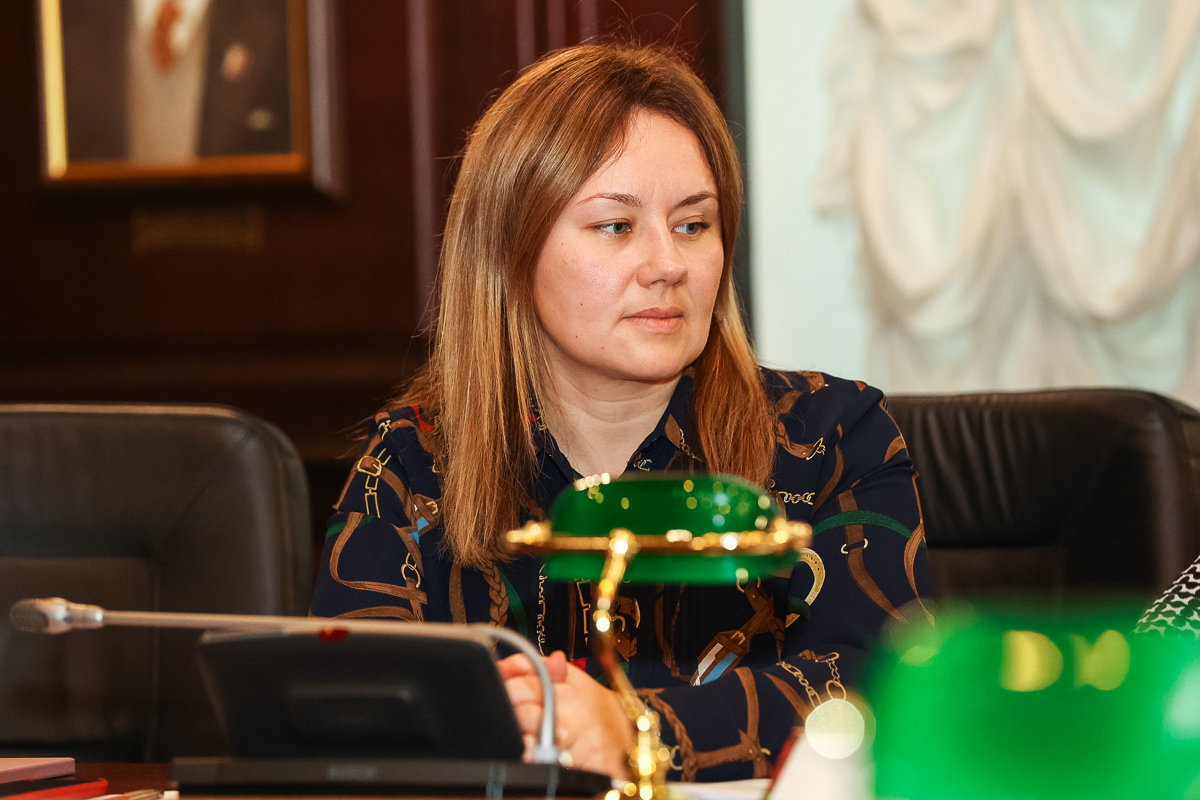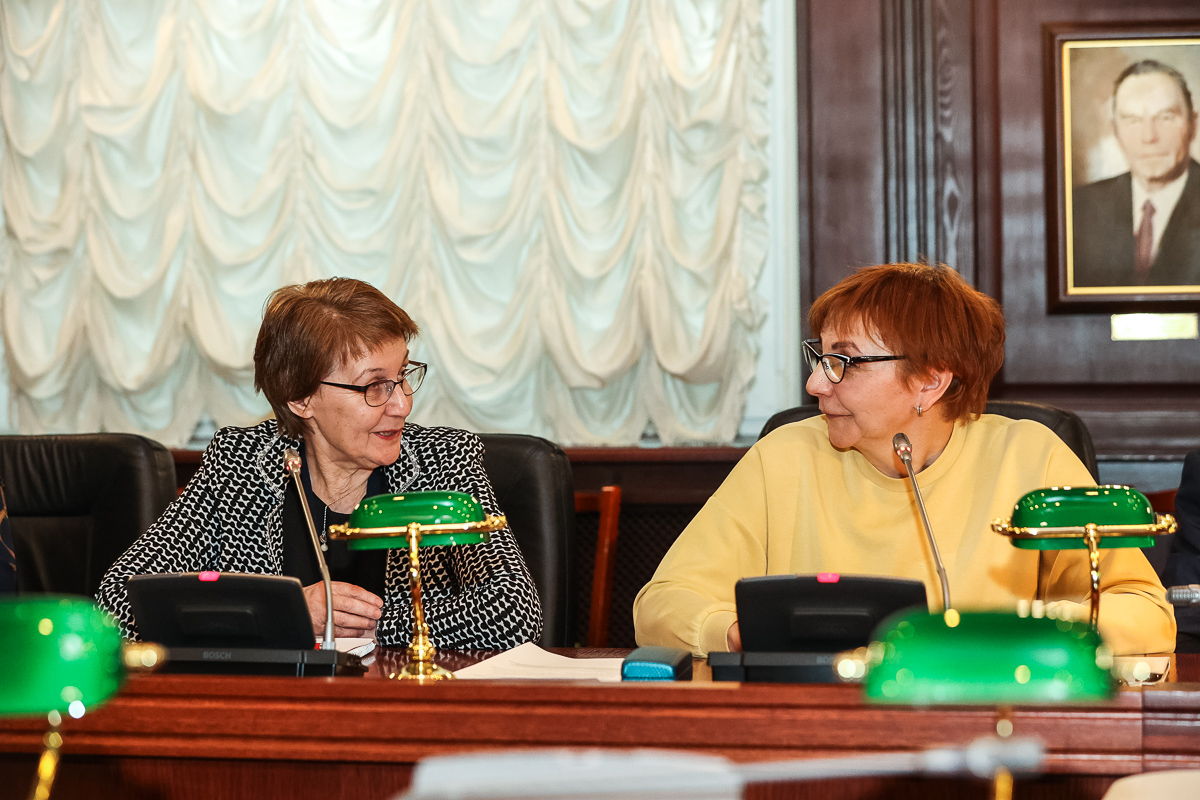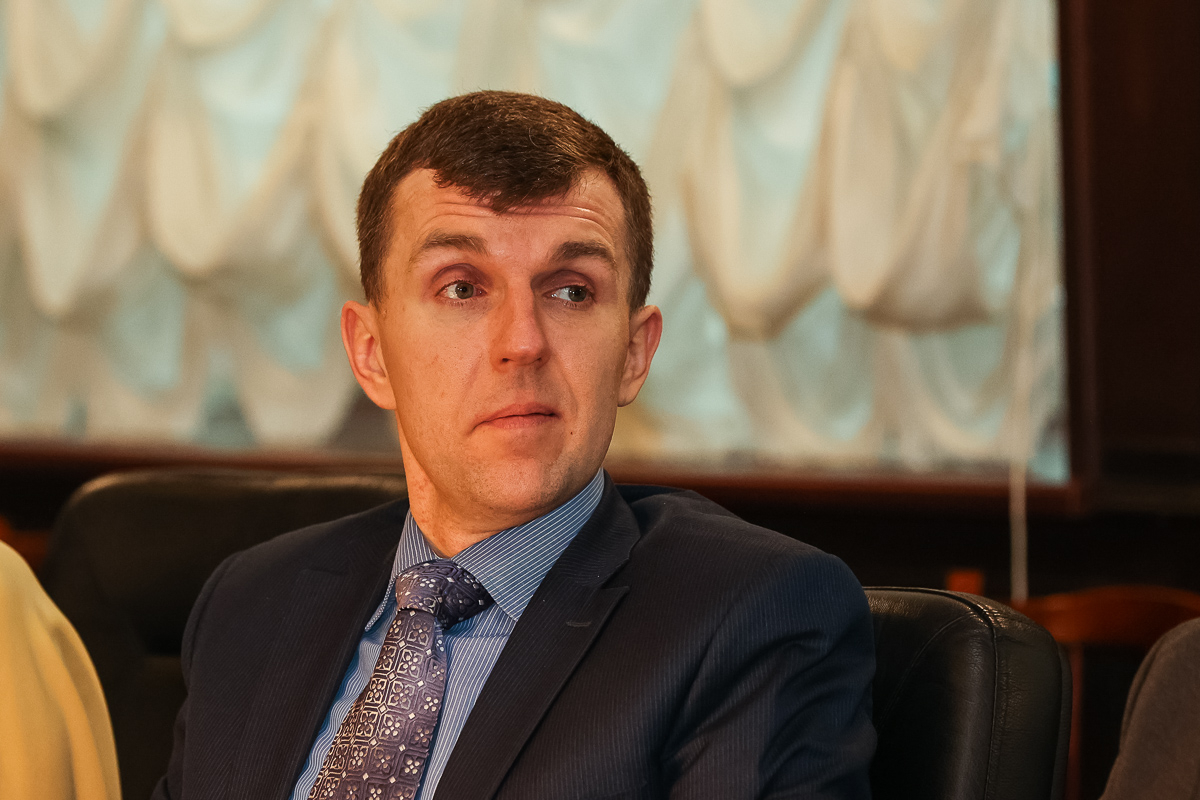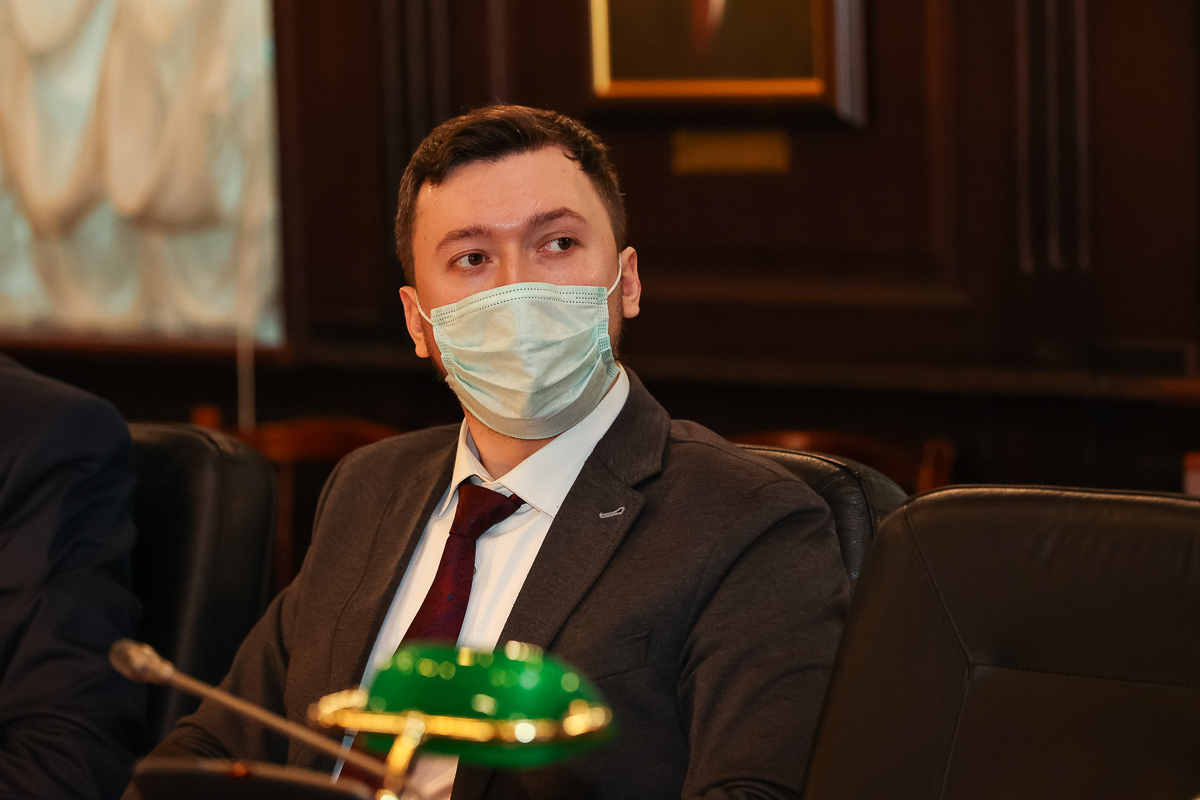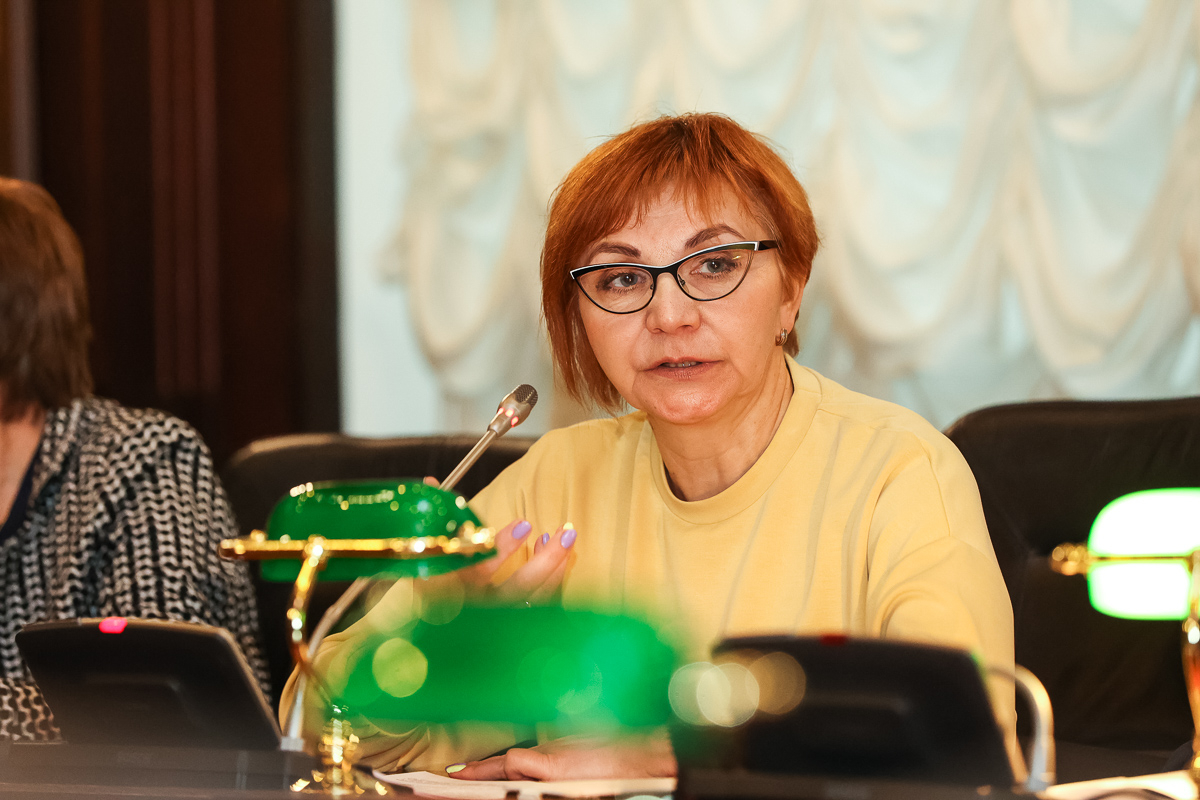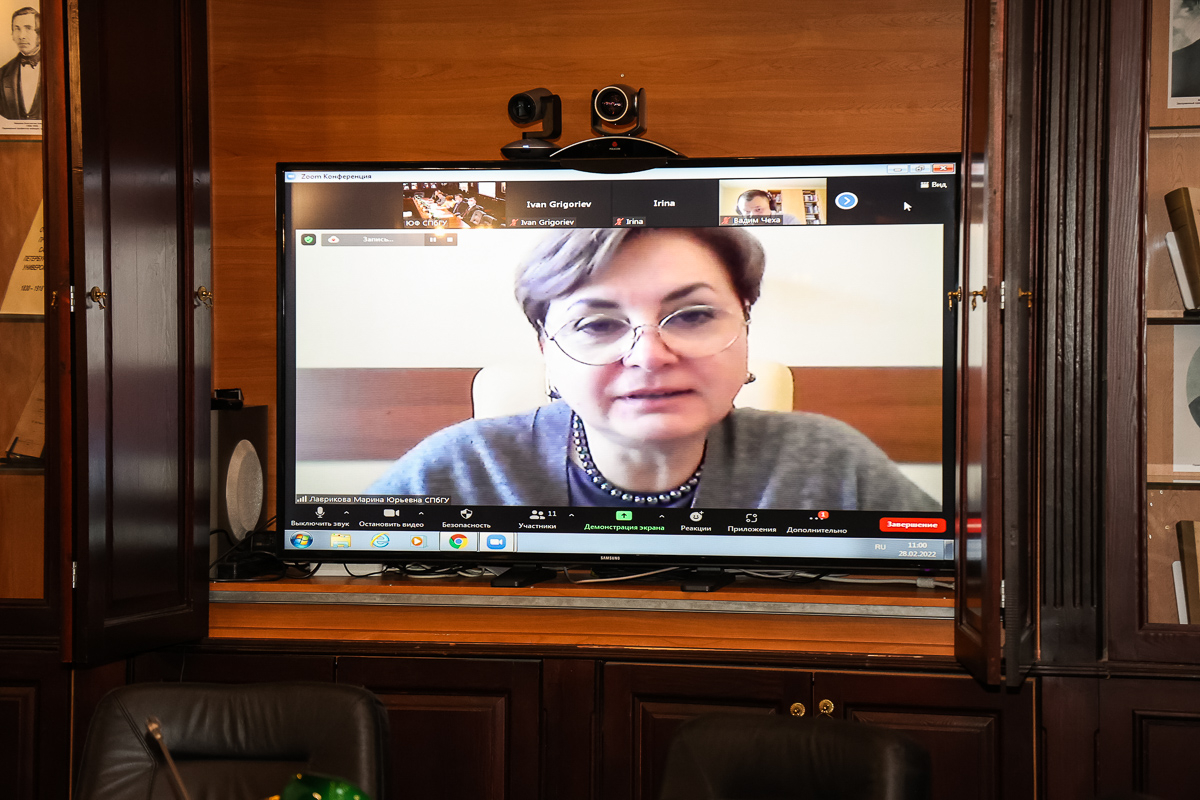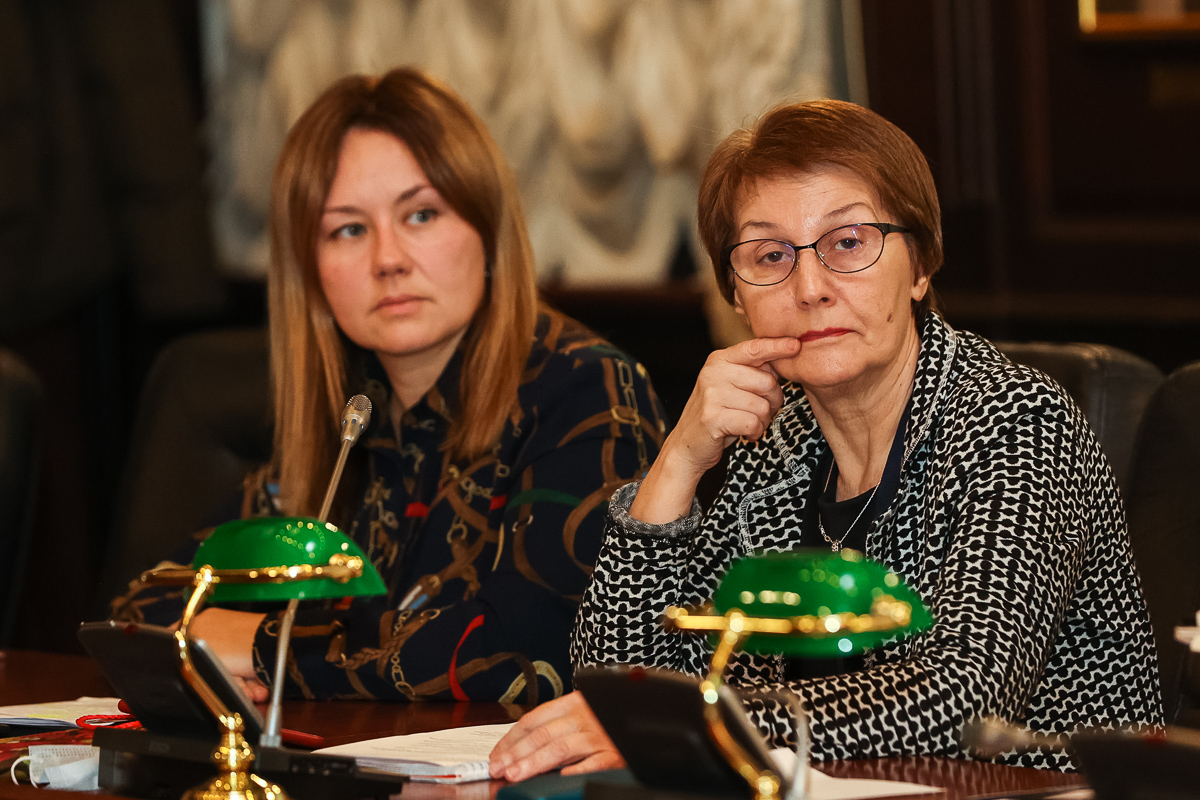The pandemic accelerates the consolidation of universities
St Petersburg University has held a seminar ‘Education Systems in the Covid Era: Issues of Resilience’. Education experts discussed how universities had minimised the risks associated with the pandemic and ensured communication with students during the remote format.
The seminar brought together: St Petersburg University; European University; RUDN University; St Petersburg Institute of the All-Russian State University of Justice; Centre for Educational Law at St Petersburg University; Centre for Educational Law Technologies at Tomsk State University; Centre for Institutional Analysis of Science and Education; and Federal Centre for Educational Legislation. The seminar was moderated by Natalia Sheveleva, Professor at St Petersburg University.
In spring in 2020, St Petersburg University promptly shifted online, said Marina Lavrikova, Senior Vice-Rector for Academic Activities at St Petersburg University.
While shifting online, we could preserve the content and quality that was required by the current legislation.
Marina Lavrikova, Senior Vice-Rector for Academic Activities at St Petersburg University
The experience of the first months of the pandemic showed that technologies were an effective tool to organise the teaching and learning process, regardless of where the academic staff and students were. We could conduct classes, consultations, prepare term papers and graduation projects, and even conduct tests and exams. Additionally, being able to build horizontal ties between universities and unite our efforts was essential. ‘At the beginning of the pandemic, St Petersburg University, being one of the leaders of online education and massive open online courses, offered its courses to other universities for free so that they could integrate these courses into their teaching and learning process,’ said Marina Lavrikova. About a hundred universities from the CIS countries could benefit from it and signed a network agreement with St Petersburg University to use our online courses as an analogue to their disciplines or part of their disciplines. Over 13,000 students during the period of lockdown could take online courses at St Petersburg University.
Vyacheslav Suyazov, Head of the Centre for Educational Law at St Petersburg University, discussed some issues in relation to using online courses in the teaching and learning process. In particular, he spoke about the experience of St Petersburg University as an example and drew the attention of participants to possible problems that might arise in using online courses created at the expense of budgetary funds, which was a pressing issue during the pandemic. Today, there are more and more opinions that universities should, according to clear and understandable rules, provide open access to their online courses, research equipment, library collections, and other public property created at the expense of the budgetary funds for academic staff and students of all state universities across Russia.
St Petersburg University ranks first in terms of the number of courses and audience coverage on the national platform Open Education. Access to 177 courses and 32 online programmes from St Petersburg University is now available.
The University offers 192 online courses and 18 specialisations on the Coursera platform. As a result, St Petersburg University ranks first among European universities and enters the top 5 universities in the world in terms of the number of the courses offered.
Another important conclusion of the recent years is that in difficult conditions it turned out to be extremely important to take into account socio-psychological factors in maintaining relations with students. The experts noticed that when the level of anxiety became higher, it began to affect the quality of the teaching and learning process. Consequently, we started to think what methods and tools could be used to build complex connections in the university-student, student-teacher, and other chains. ‘We saw how important pedagogical tools were becoming in higher education,’ said Marina Lavrikova. ‘The pandemic introduced a requirement that universities, as part of their bachelor’s programmes, should invest not only equipping students with knowledge and skills, but also introducing moral values to students.’
University information systems also had to be tested for strength: both corporate systems (for example, a student's personal account, a teacher's personal account), and external systems. Ekaterina Dmitrikova, Associate Professor at St Petersburg University, emphasised that during the pandemic it became clear that a university must have digital mechanisms to ensure internal communication, external communication, and communication with the founder. How we could ensure continuity and quality of communication between all participants in the teaching and learning process largely depended on these aspects. It was important not only to conduct classes online, but also to organise remote admissions process and communication with applicants. This situation accelerated settling the issues relating to regulation and legislation, and the role of local regulations increased, including those issues relating to information transfer and personal data protection.
Using digital educational platforms has its advantages, said Ilia Vasilev, Associate Professor at St Petersburg University. Many of the programmes, including advanced training programmes and retraining programmes, have shifted online. ‘This has become one of the ways how we can develop regional economy,’ said Ilia Vasilev. ‘Students in these programmes could stay at home, and their mobility became virtual. They could obtain knowledge, expertise, and skills to use them in their cities.’ Additionally, shifting online has boosted healthy competition in the field of education, erasing boundaries and making education more open.
The requirements for the technical equipment of higher education have sharply increased. It became clear that not all regions have opportunities to organise high-quality online education. The issue of how to improve the digital competencies of academic staff was particularly pressing as there are no regulations in the sphere. Today there is no professional standard for a teacher of higher education.
The yardstick for university academic staff is a process of selecting by holding competitions that introduce certain qualification requirements. These requirements must be set by universities.
Nelli Diveeva, Professor at St Petersburg University
The seminar participants agreed that the state, through regulations, is responsible for offering up-to-date and high-quality programmes, while universities should be responsible for the content of programmes and the quality of education, i.e. formulation and verification of competencies.
Meetings of experts in the field of education are planned to be made on a regular basis. At St Petersburg University, experts from the Centre for Educational Law will continue to work on adapting the education management system to the new conditions and analysing the recent changes.


